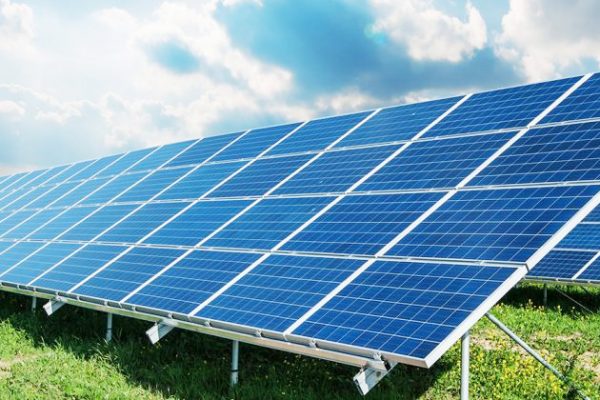
BY TATIRA ZWINOIRA
ENTREPRENEURS are taking advantage of Zimbabwe’s worst power cuts in history to make inroads by selling renewable energy solutions imported mainly from China and South Africa.
Zesa in June introduced a load-shedding schedule that saw businesses and households going for at least 19 hours without electricity daily.
Zimbabwe is producing half of its 1 858 megawatts (MW) peak power demand because of drought-induced low water levels at the Kariba hydro plant and ageing thermal stations.
Zesa last week said it had scaled back on the loadshedding after it started importing 300MW from South Africa’s Eskom, had been Zimbabweans are not taking any chances.
Renewable Energy Association of Zimbabwe chairperson Isiah Nyakuswenda said there was an increase in the number of entrepreneurs offering different solutions to the electricity crisis.
Nyakusendwa said most companies were providing solar energy-based solutions.
“All these people are trying to provide solutions to customers,” he told standardbusiness.
- Chamisa under fire over US$120K donation
- Mavhunga puts DeMbare into Chibuku quarterfinals
- Pension funds bet on Cabora Bassa oilfields
- Councils defy govt fire tender directive
Keep Reading
“We have never had these prolonged power cuts and obviously that points to a deficit in the energy supply. We have been relying more on the imports to plug the deficit.”
Zimbabwe’s installed electricity generation capacity is pegged at 2 260MW.
Nyakusendwa said the electricity deficit would see the country moving towards renewable energy sources.
“I think everybody is now starting to realise that renewable energy, particularly solar, can provide a solution from our natural sun, which is also available in the country,” he added.
Mbusi Zikhala, a director at Unique Solar Systems, said demand for their products had risen sharply in the past few months.
Unique Solar Systems specialises in the supply, installation, maintainance and repair of generators, inverters, uninterruptible power supply, batteries, solar panels and regulators.
“There is huge demand for solar products,” Zikhali said. “We install domestic and industrial solar systems.”
He said before the severe load-shedding began the company did an average of four installations per week but that had since gone up to 16 installations.
Zikhali, however, said they were now struggling to meet demand because of scare foreign currency in the country. Most of the products sold by the company are imported.
Zikhali said the company was generating revenue of about $500 000 per month.
Another company that has been given a lifeline by Zesa’s failure to generate enough electricity is The Solar Shop, which is enjoying its best performance since it was set up in 2012.
Tamuka Gutsire, The Solar Shop’s projects and sales manager, said there was now a huge demand for solar products.
“There has been a significant increase in demand since the initial phase of load- shedding started,” he said.
“We can say demand has gone up by 500%. We are now actually subcontracting some of our jobs even after increasing manpower.”
Gutsire said products that were selling fast included solar batteries and inverters.
“Most people just want backup systems and when Zesa comes, they can charge the battery,” he added.
“In terms of (installations), we are averaging about five per week. Before the power cuts, we were averaging around one or two per week.”
The government recently scrapped duty on imported solar equipment, which helped to bring down costs.
However, solar companies continue to peg their prices in United States dollars.
“We import most of our products, so we just use the bank rate to charge our customers,” Gutsire said.
Nyakusendwa blamed the high prices on entreprenuers seeking to make quick profits,
“Solar is the main ‘in thing’ because everybody now believes there is money to be made there. We have had reports that some people are actually charging a lot more, which is a pity because it is like shooting yourself in the foot,” he said.
“What will happen is that people will then go out and buy all these components from outside.
“We have been having discussions with the authorities to see how best we can also come up with an industry-wide approach to such issues.”
The Zimbabwe Energy Regulatory Authority (Zera) says there are 49 registered solar companies in the country.
“We have had quite a number of enquiries and approved a lot of projects to do solar,” Zera CEO Eddington Mazambani said.
The government recently approved the Renewable Energy Policy, which is meant to stimulate investment in the sector.
According to the policy document, there is a potential to generate at least 1 872MW from renewable energy in the country, of which 600MW would be from solar.











